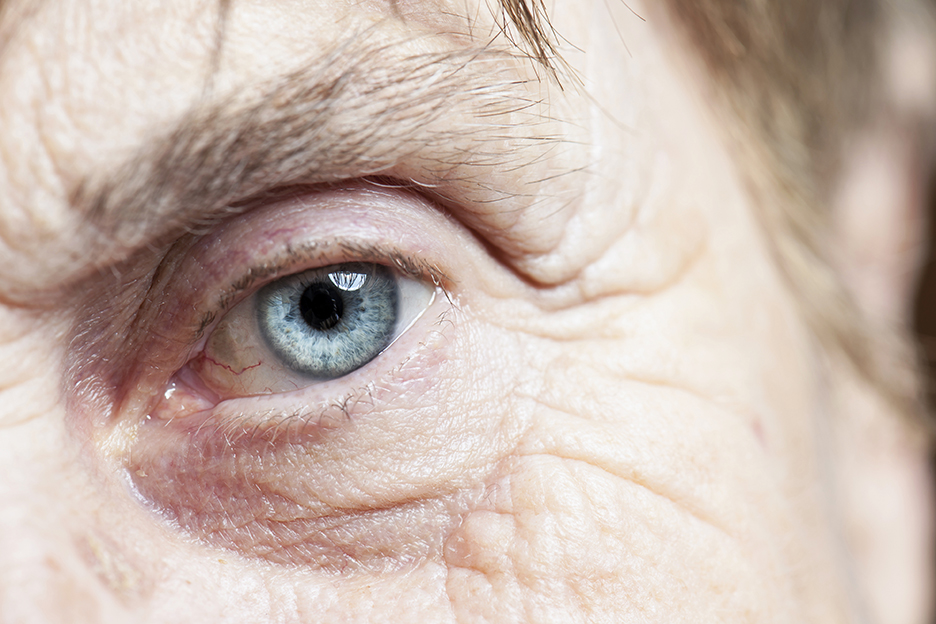For many people, vision is the most precious of all five senses, so it is quite important to take care of your eyes. Cataracts harm your vision, but thankfully, they are easily treated. Don’t live in the dark any longer because of your cataracts; see your optometrist!

Cataracts, or clouding of the lens
Your eyes process thousands of images every day, like little cameras that capture everything around you. Each part of the eye has a specific role to play, and any imbalance harms the clarity of vision. The lens is a small, rounded disc that is usually transparent and is used to direct light to the retina, where images are formed.
However, aging leads to chemical changes in the lens, which can render it opaque. Cataracts can affect one or both eyes and, with time, keep progressing if the person does not receive proper treatment. The ultimate consequence is complete loss of vision (blindness). Fortunately, if they are closely followed, cataracts are rather easy to treat.
This eye disease is quite common, mostly affecting people over 50 years of age.
How to recognize cataracts
Cataracts are manifested by certain characteristic visual changes:
- clouded or blurred vision;
- colours that are less defined or duller;
- difficulty seeing at night;
- frequent glare
- near vision improves while distance vision decreases;
- double vision.
If you notice changes in your vision that resemble these symptoms, consult your optometrist; he or she will give you an in-depth eye examination. In addition, visiting your eye-care professional annually could help him or her detect a cataract as soon as it develops. This will allow you act rapidly before it progresses too quickly.
Preventing cataracts
Some health problems and lifestyle habits can increase the risk of developing cataracts. Follow these measures to prevent them:
- stop smoking;
- wear sunglasses that block UVA and UVB rays;
- have a diet that is rich in antioxidants, i.e. vitamins A, C and E (ex: citrus fruit and green vegetables).
Also, because diabetes is a major cause of cataracts, closely managing your blood-glucose levels is required for prevention. Some medications are also known to contribute to the development of cataracts (ex: amiodarone, cortisone, phenytoin).
Treating cataracts
There is no medication that prevents the progression of cataracts or treats them. In the early stages of lens opacification, your optometrist may only change your eyeglass prescription to improve your vision. However, when this adjustment is not enough, he or she will refer you to an ophthalmologist (a specialized eye doctor). The ophthalmologist will perform eye surgery to replace the defective lens. This operation is performed on the patient while he or she is awake since anaesthesia is only done on the operated eye. The success rate of cataract surgery is very high, resulting in significantly improved distance vision.
Patients do need an adjustment period after the surgery:
- After your lens is cleared up, colours will seem very bright; this will cause glare for a while.
- Avoid driving until your vision is back to normal.
- Your optometrist may suggest you wear glasses to improve your near vision for a few weeks.
- You will be prescribed eye drops a few weeks after surgery to reduce inflammation in the eye and to prevent infections.
To recap, cataracts reduce your clarity of vision because the lens is clouded. This condition is easy to treat with minor surgery on the affected eye, but a good way to detect it early is to visit your optometrist on a regular basis. If you do get surgery, your pharmacist will be of great help in explaining how and when to use your prescribed eye drops. In short, treating cataracts will not only make the colours around you brighter, but also your life in general.
